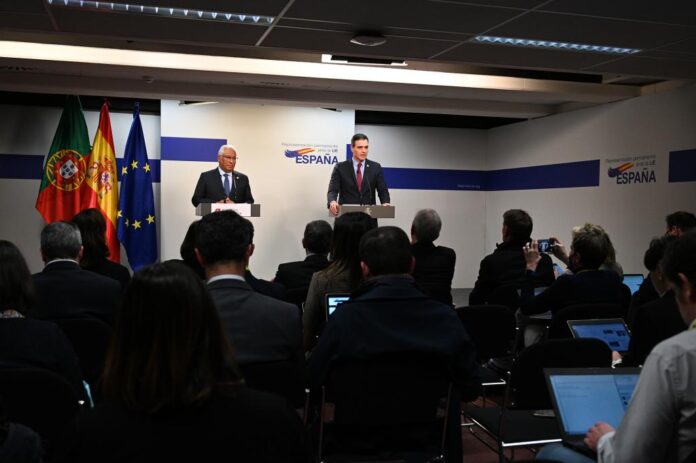Europe: Both Spain and Portugal have reached an agreement with the European Commission on Tuesday to lower electricity costs on the Iberian Peninsula under a special exception that allows them to separate the cost of electricity from gas.
According to Madrid, about 40 % of households should benefit from the system, and between 70 to 80 % of businesses will be affected.
Moreover, the European Union authorised Spain and Portugal to adopt “extraordinary measures” to lower the price of gas used to generate electricity and alleviate household energy bills, which are exceptionally high in the two nations, by the end of March.
The cost of energy has risen dramatically in Spain and Portugal in recent months as a result of European electricity market rules that required producers to sell their energy at the price of the most expensive technology, currently gas-fired power plants.
Madrid and Lisbon have been fighting this system for months, claiming that it is inappropriate for the energy situation on the Iberian Peninsula.
Furthermore, the Iberian exemption was authorised due to the “particular situation” of the two nations, which have “energy mixes composed of renewable energies and little interconnections with the European market,” according to Commission President Ursula von der Leyen.
Both Spain and Portugal are in a strategic position since they are not as reliant on Russian natural gas as many of their European neighbours are, instead purchasing the majority of it from Algeria and other nations.
Spain also has Europe’s greatest gas storage and regasification capacity, and it is a renewable energy leader in terms of solar, hydroelectric, and wind power, along with Portugal. Their energy markets are more self-sufficient, and both countries are exceptionally well connected.
Spanish Premier Pedro Sánchez and his Portuguese counterpart António Costa have referred to the two countries that make up the Iberian peninsula (along with tiny Andorra) as an “energy island” as a simplified way of describing why their nations should (and now have been) temporarily released from EU common market rules.
